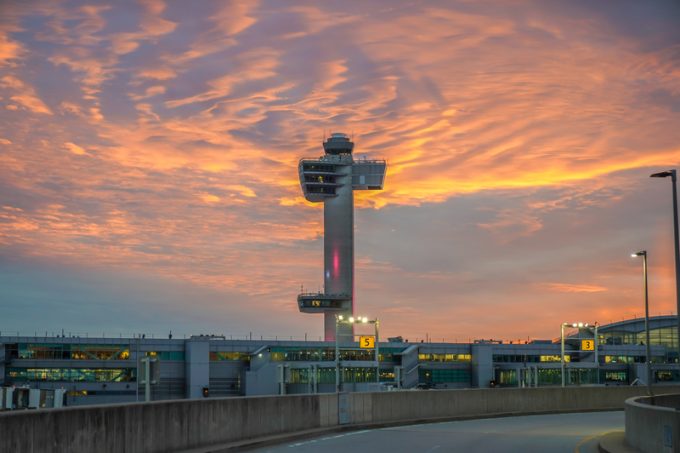Airlines need speed and efficiency on the ground to keep etailers happy
“The need for speed is on the ground”, and airlines need to facilitate communication across ...

Air traffic control (ATC) constraints in the US are affecting growth in commercial aviation, with repercussions for the air cargo sector.
On 27 November, United Airlines publicly voiced its frustration at the problem, complaining that a shortage of air traffic controllers was disrupting its operations at Newark International Airport, its prime transatlantic hub.
The shortage resulted in delays and cancellations of flights, longer flight times and long aircraft taxi periods, affecting flights on 12 of the ...
Volcanic disruption at Anchorage could hit transpacific airfreight operations
Macron calls for ‘suspension’ – CMA CGM's $20bn US investment in doubt
Forwarders stay cool as US 'liberation day' tariffs threaten 'global trade war'
De minimis exemption on shipments from China to the US will end in May
Shippers snap up airfreight capacity to US ahead of tariff deadline
Tighter EU import requirements proving 'a challenge' for forwarders
Looming Trump tariffs will create 'a bureaucratic monster' for Customs

Comment on this article